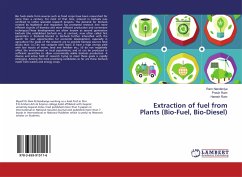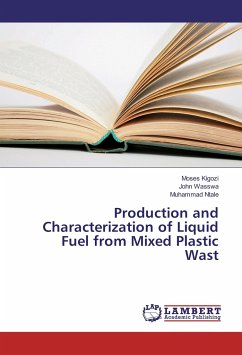Bio fuels made from sources such as food crops have been researched for more than a century. For most of that time, interest in biofuels was confined to rather specialist research projects. The demand for biofuels created by legislation and regulation has prompted research into more efficient sources of biomass and more efficient production and conversion techniques.These developments are often known as second generation biofuels (the established biofuels are, in contrast, now often called first generation n biofuels).Interest in biofuels further intensified with the search for new opportunities for economic development, especially in agriculture.The goals of this research are to provide biomass sources feed stocks that: i.e.) do not compete with food; ii) have a high energy yield with low inputs of water, land and fertiliser etc.; iii) do not negatively affect the environment or local populations; and iv) can be produced in sufficient quantities to allow economically viable biofuels production. A diverse and active field of research trying to meet these goals is rapidly emerging. Among the most promising candidates so far are those biofuels made from wastes and energy crops.
Bitte wählen Sie Ihr Anliegen aus.
Rechnungen
Retourenschein anfordern
Bestellstatus
Storno








